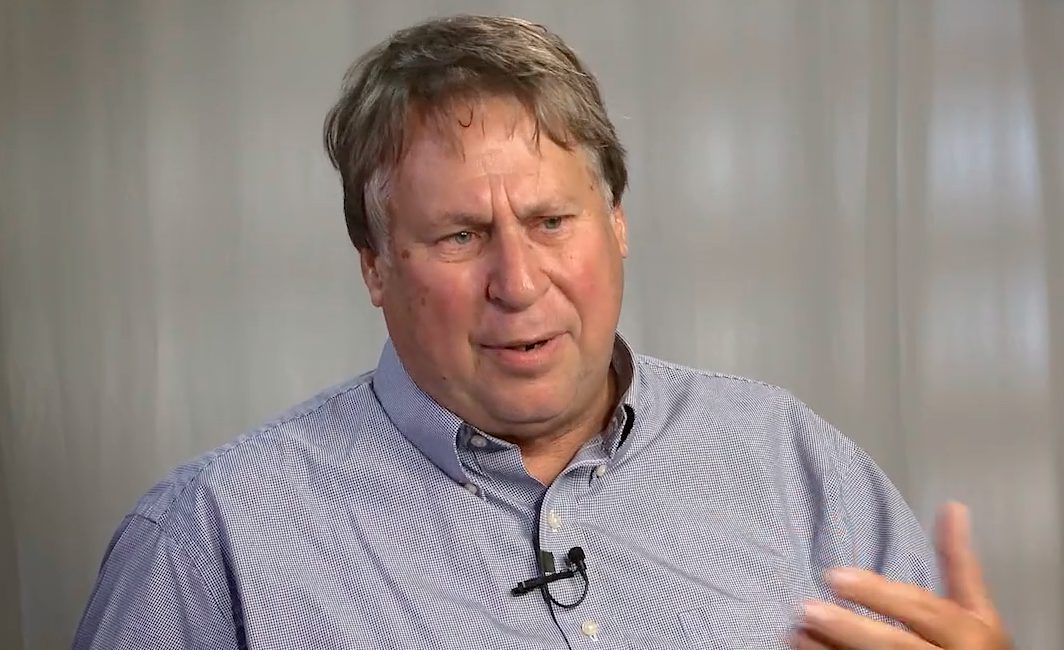By Timothy Fanning
When Raymond Arsenault arrived in 1980, most of the tiny school that townspeople called “USF Bayboro” sat on 11 acres jutting out into Bayboro Harbor.
The financial endowment was small, the mission unclear, the future uncertain.
Over the years, however, as Arsenault became a prominent Southern historian and author, his little school grew in size – now 52 acres – and in ambition.
It gained separate accreditation in 2006 – a key milestone in academic self-governance – and recently seemed poised to grow dramatically and thrive under a leader he calls “the most effective and popular chancellor in the history of USFSP.”
But – suddenly – Sophia Wisniewska is gone, forced to resign by USF system President Judy Genshaft on Sept. 18 because she thought Wisniewska botched campus preparations for Hurricane Irma, and then left town the day before the storm was expected to hit.
The ouster, said Arsenault, was “more like an execution than a resignation.” Genshaft’s move was a “gross over reaction” that trampled on due process, ignored senior faculty, ruined Wisniewska’s reputation and threw the St. Petersburg campus into turmoil, he said.
“When you have unexpected firings and interim positions, it is not necessarily a catastrophe, but it can be,” said Arsenault. “The world of higher education is hard as much as it is, and you need a steady hand at the wheel. We had that.
“I think a lot of people felt like Wisniewska would be here for a decade. She had our fundraising back together, enrollments were good and going up.”
Many professors were stunned by Wisniewska’s departure and the way it was handled by Genshaft, the USF system’s president since 2000.
But few were as blunt as Arsenault.
A specialist in the political, social, environmental and civil rights history of the South, Arsenault, 69, is the author or editor of eight books, including a history of St. Petersburg and a much-acclaimed book about the Freedom Riders. He is now writing a biography of the late Arthur Ashe, a black tennis star.

A longtime community activist, Arsenault was president of the American Civil Liberties Union of Florida from 1998 to 2000, according to his USFSP biography.
In two interviews with The Crow’s Nest in the immediate aftermath of Wisniewska’s resignation, Arsenault spoke while details were still coming out.
“My reaction is that, first of all, we’ve lost the most effective and popular chancellor in the history of USFSP,” he said. “That’s the bottom line.
“When I heard, I just sat there, really stunned. It was very disappointing to see that a regional chancellor like Wisniewska, … who really solidified important relations in the community and (was) accessible to faculty and staff, was just let go.”
Arsenault noted the rapid turnover in St. Petersburg campus leaders during Genshaft’s tenure and called Wisniewska’s ouster “the third firing with no explanation, and this is what’s so alarming to the faculty.
“We weren’t consulted and we weren’t informed; we were just informed through the newspaper,” he said. “We have a great commitment to supposed faculty involvement with administration, but when things like this happen, it really shakes the confidence in the system.”
Arsenault said Wisniewska’s ouster was “done more like an execution than a resignation. There was no trial. I could have seen her (Genshaft) calling a meeting of faculty and senior staff, and then making that decision. But instead, she did it in a humiliating fashion. It was disrespectful to Sophia.”
Arsenault said he understands the need for administrative responsibility for the safety and security of students on campus, but that Genshaft’s swift move was inappropriate.
“I understand wanting students’ families to feel that their children are safe. That’s perfectly understandable,” he said. “But the hurricane was already gone. It seems to me that recommending she resign (is) a quite extreme action to just destroy a very valuable person’s academic career.
”It seems to me that Sophia did everything she should have done. Maybe communication wasn’t clear enough for Genshaft. But the fact that would lead to a forced resignation … this is a gross overreaction, in my view.”
Arsenault compared the departure of Wisniewska to the ouster of Bill Heller, another popular campus leader, in 2002. That was a move Genshaft never adequately explained, in the view of many on campus and members of the St. Petersburg City Council.
“Only a handful of us have been around since 2002, so most people don’t have personal experience with this kind of thing happening,” said Arsenault.
“I’ve seen what can go right and what can go wrong, and I think we always thought that we had a kind of commitment to due process,” he said. “When something like this happens, when you aren’t informed or consulted and it’s just a done deal, it’s shocking and disturbing.”
Information from USFSP historian James Anthony Schnur and USFSP websites was used in this report.
Above image: Ray Arsenault in an interview for 50 Faces of USFSP, a series that celebrated the 50th anniversary of the campus. The series highlighted those who have made an impact or were making an impact on the community and university. In the interview, Arsenault spoke about the growth of the campus in his then 35 years. COURTESY OF USF St. Petersburg.




Good read. Painted a really good picture at the beginning and a very interesting perspective. Though I wish the article said what he was professor of rather than just his specialization.